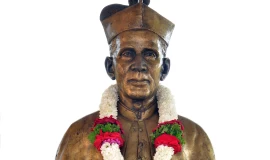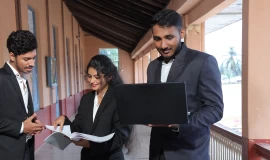
About

About Us

St Philomena College was founded by Msgr Antony Patrao who felt that a College in this part of the state would save the people of the inconvenience of moving to distant places for higher education. He set out to realize his dream and the mission was accomplished in the year 1958.
The Institution
Vision, Mission & Objectives Origin & History Milestones Emblem The Patron The Founder Former Correspondents Former Principals
Academics

Courses Offered

Since its inception, the Institute has lived up to societal expectations, turning out consistent and appreciable results in academic and non-academic fields. The institution does attempt to treat the primary stakeholders in 5 UG programs and 5 PG programs with a rewarding educational experience.
Office of the Registrar
Registrar Academics Regulations Curriculum Framework Syllabus Academic Calendar
Quality Initiatives
Student Support
Amenities

